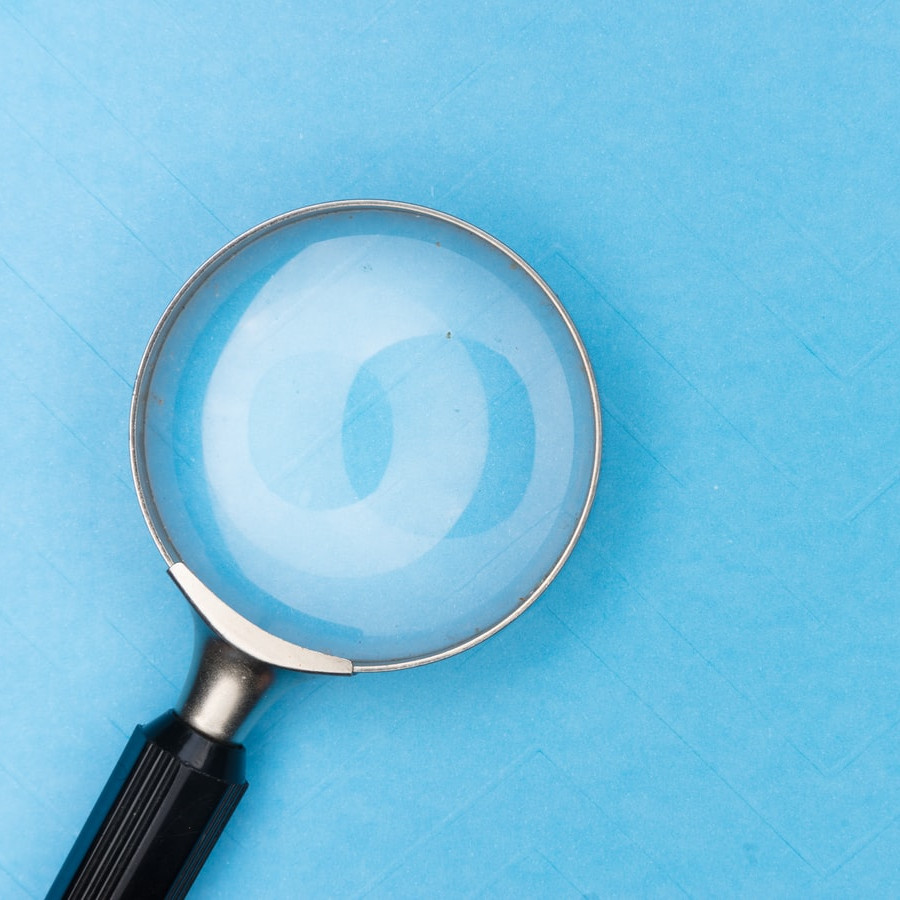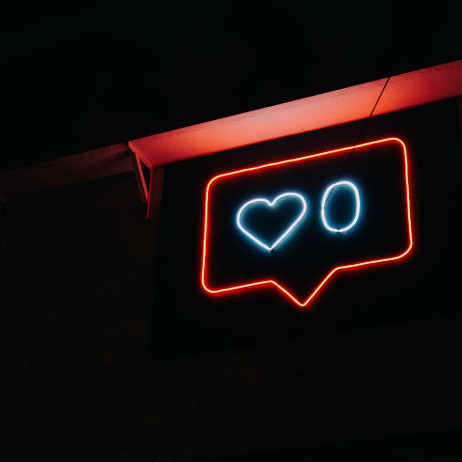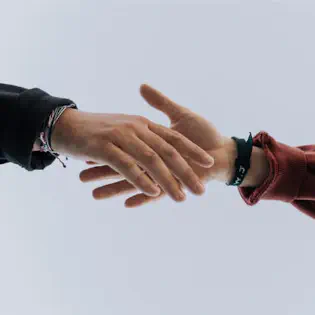We’ve been reading a bunch of tips on how to care for ourselves in this outbreak. From practicing social distancing to tips on how to wash our hands, we’re slowly equipping ourselves with the knowledge we need to cope with the outbreak.
With physical distancing comes an increase in our reliance on digital technology to help us plug into the world outside. Our digital devices come with us everywhere we go, which can prove to be overwhelming and overstimulating.
Here are some simple steps to help you reduce our dependence on them:
(Numbers mentioned below are for representation purposes only, you can view the infographic by Gifographics for clarity on the statistics referred by clicking here.)
1. Turning off notifications:
The average person is said to check their phone 47 times a day. Now more than ever, it’s important to set limits to alerts that aren’t absolutely essential. This might mean setting limits to phone calls, texts and updates from family, loved ones, social media, and using specific tools that apply to your line of work. Some people may also find value in setting limits to messages from their video and content streaming apps.
2. Nights and mornings:
80% smartphone users check their phone within 1 hour of waking or going to bed. 35% of which will do it within 5 minutes. You can find various studies that highlight how the use of our devices can affect our sleep by delaying our body’s internal clock and making it harder for us to fall asleep. Further, when you check your phone the moment you wake up, you may find a bunch of messages, emails, tasks and notifications that could create a feeling of stress or anxiety. We don’t know how long we’d have to be indoors, so it’s important for us to ensure we don’t start our days feeling rushed, anxious or exhausted. Initiatives like Thrive Global have also suggested putting your phone to bed as part of your nightly ritual.
3. Plugging in physically:
85% of people have no problem using their phones whilst talking to friends or family. In these times of isolation, it might help to be as present as we can with ourselves and our loved ones. If you have people (or animals) in your physical surroundings who are giving you company in isolation, try keeping your phone aside while conversing with them.
4. Reduce your news sources:
The World Health Organization (WHO) has said it beautifully. “Minimize watching, reading or listening to news that causes you to feel anxious or distressed; seek information only from trusted sources and mainly to take practical steps to prepare your plans and protect yourself and loved ones. Seek information updates at specific times during the day, once or twice. The sudden and near-constant stream of news reports about an outbreak can cause anyone to feel worried. Get the facts; not the rumors and misinformation. Gather information at regular intervals, from WHO website and local health authorities platforms, in order to help you distinguish facts from rumors. Facts can help to minimize fears."
5. Limiting Social Media Exposure:
If you find yourself in the rabbit hole of constantly checking social media feeds, try activities that help you limit your exposure. This might be related to limiting screen time (next point) or even muting hashtags or certain topics.
6. Limit your screen time:
Many phones come with in-built features that let you observe or limit your phone use. Feel free to look them up and experiment with solutions yourself. There are also various third party applications you can check out for this purpose.
- Postbox by Google: Post Box helps you minimize distractions, by holding your notifications until a time that suits you. Simply choose how often you’d like your notifications to be delivered. When they arrive, they’ll be neatly organised for you to go through. Please note that depending on your device model, functionality such as phone calls and alarms may also be held.
View On Play Store
8. Leave your phone at home:
Most of us right now might leave our house for incredibly short durations, to run errands or get some sunlight. If you can afford to do so, try leaving your phone at home while you do these activities.
9. Digital Social Support:
Some of us may be in spaces where our main source of support and safety is from online communities. We understand that this is a tough balance to uphold, especially if you are looking for some distance from the news and updates as well. It’s okay to use your devices to access your preferred support wherever and whenever you need to.
There is tremendous value in simplifying our digital life. It might be harder for us today, especially considering the circumstances that have called for heavier dependence on our devices. But if you notice yourself feeling anxious, stressed or overwhelmed by digital usage, please try prioritizing digital distancing as much as you can. If possible, ask for help from your family, friends and peers to help each other prioritize it as well.
Work can wait. The notifications can wait. Prioritizing personal well-being, especially in moments like these is what matters.
You got this.































